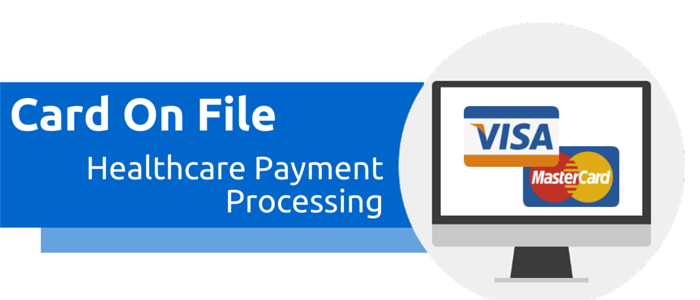The Catalyst for Change
A general pediatrics practice was experiencing a growing challenge in patient billing and collections. The patient portion of its bills had skyrocketed as insurance plans moved more services outside of wellness and subjected them to deductibles and coinsurance. At the same time, deductibles continued higher, presenting a constantly moving target for the amount parents could expect to pay.
Given the high volume of patients and using charge migration from the electronic health record once the physician signs off on the visit (which may occur after the patient leaves the office), it was not practical to try to estimate what patients might owe at the time of service to collect that money then. Add to those challenges if you collect too much then there is significant work issuing refunds.
Credit Card on File – A Future-Focused Solution
This practice was already successfully using Phresia, a point of service platform that also had the capability to offer secure credit card storage and processing. There are other vendors (PayerPath, Waystar etc) that offer credit on file services but we chose to use our existing vendor in part because we would not need to add another credit card vendor. We recommended credit cards held on file as the simplest and most effective tool to manage their challenges. Credit cards allow for the exact amount designated by an insurance company to be billed to a patient once the claim has been completely processed, and they eliminate the need to calculate and collect charges upfront, process a balance statement or process a refund check.
Together we walked through the options under Phresia’s services as well as the questions the practice needed to consider. For example: Are there scenarios in which you do want to send a statement rather than charge the credit card on file? Do you want “hands” on the process at any point, or do you prefer to rely on more automation? Would you like to offer parents the option to limit the amount that can be charged on a card without separate confirmation?
Phresia offers the marketing materials and legal documentation required for this program to be successful, including:
- Conversational training necessary for the front desk staff to explain the program to parents
- Prompting the parent to opt into the service in the Phresia check in process either remotely or on the Phresia pad
- Takeaway collateral, supplied by Phresia, that laid out the facts and benefits
- The legal form, which must be signed by parents, that would constitute agreement on how the credit card information would be used and stored
With this knowledge, our client chose to have some automation but also wanted PI to ensure accuracy before cards were charged. We set up an insurance carrier called “CCOF” and made it the last carrier on the account of any patient who put a credit card on file. Each day, we run an ATB report to review all account balances that have been transferred to CCOF, and we ensure that all claims were processed correctly. Any incorrect balances are transferred back to insurance so that we can work further on the claim. Only after we’ve verified claim processing do we “send” the claim to CCOF so that the credit card on file is charged and a transaction acknowledgement is sent to the patient.
Results to Date
Our client rolled out this program in mid-2017 and in the first year has enrolled 3,500 patients. CCOF payments now constitute 20% of their patient payments. And, with the number of statements sent out already reduced by 25%, the staff has seen a significant improvement in the workload related to previous billing issues. Most importantly, as industry trends behind the original issues accelerate in coming years, this practice now has a process in place to respond, a greater sense of control and the ability to scale as needed.
For more information, please fill out the Contact Us request form.

